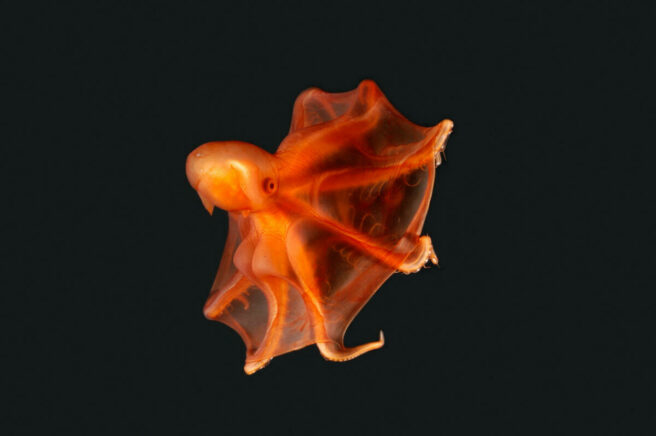So far, 25 countries, including France, Paulau, the UK, Mexico and Sweden, have called for a pause, moratorium or ban on deep seabed mining. The European Parliament and more than 30 industry players including Google, BMW, KLP and Storebrand are calling for a moratorium, as well as over 800 marine scientists from 44 countries.
The European Commission also wants a ban until it is proven that deep seabed mining will not harm nature, while the EU Investment Bank has excluded seabed minerals from its investments. Recently, an overwhelming majority in the European Parliament voted for a resolution criticizing Norway's plans for deep seabed mining.
"While other countries opt for a moratorium to gather sufficient knowledge about the deep sea environment to assess the consequences of mining and ensure the effective protection of the marine environment, the Norwegian Offshore Directorate has already invited industry proposals for extraction licenses. This approach is both arrogant and cynical, damaging Norway's reputation as a responsible ocean steward," says Andaur.

